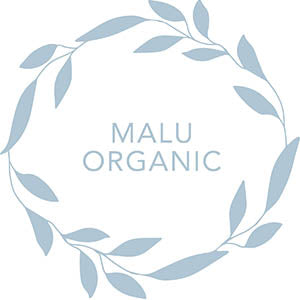We're excited to be using hemp in our clothes. It's one of the earliest textiles, and we love how it connects the present to the past. It's earthy and strong, and evokes the earliest days of civilization. We use a 55% hemp, 45% organic cotton blend which is light, soft, and durable. We garment dye every piece, and the way the hemp takes the color makes it look like it's been kissed by the sun.
Hemp is one of the fastest growing and hardiest plants, and was one of the first plants to be spun into usable fiber over 10,000 years ago. Today it can be used in a wide variety of items, including insulation, paint, biofuel, biodegradable plastic, paper, food, and, of course, textiles.

It is an eco-friendly crop, requiring little to no pesticides, and no herbicides. The stalks, which can reach two to four meters, or up to 13 feet, can be planted close together, require little water, and are ready to harvest in 3 months. All this adds up to a dense, quick-growing, high-yield crop that requires less land and water to produce more fiber.
In the United States, the negative perception of hemp as the source of the drug marijuana only came about in the last 100 years, and has had the effect of blocking the wider use of hemp in a broad array of applications. Whatever one's views on marijuana, it has little to do with hemp that is grown for fiber and seed, because the strains used in fiber and seed production have all been selected and bred for their high fiber, low THC (the psychoactive agent in marijuana) content, making them unsuitable for producing hashish or marijuana.
Hemp was made illegal to grow without a permit in the U.S. under the Controlled Substances Act passed in 1970 because of its relation to marijuana, and any imported hemp products must meet a zero tolerance level. Some states have made cultivation of industrial hemp legal, but many farmers have avoided it because it is still outlawed at the federal level and therefore brings with it resistance from the DEA. We hope to be able to source our hemp from US growers in the future, but for now it comes from China and is fair trade certified by the Fare Wear Foundation.



